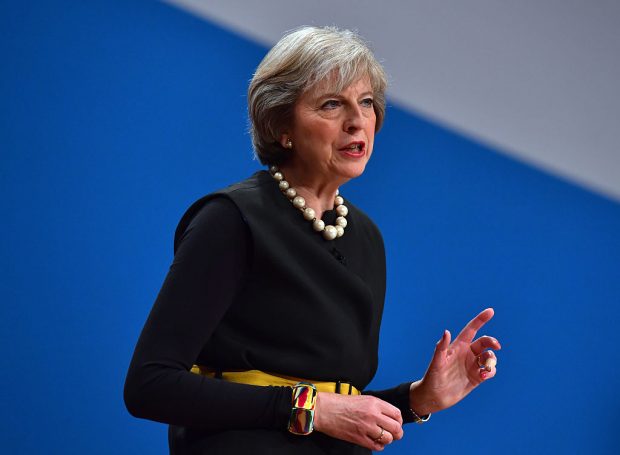One of the many admirable aspects of Japanese culture is that they have developed strong taboos against triumphalism in politics. When one person scores a clear political victory over another there is pressure for him to play down that win and to present the result as a compromise. It’s the natural response of an island nation to early modern political turbulence and division, which harbours a desire to never repeat the experience. Likewise with the British, who after the wars of the three kingdoms became adept at creating a political system that rewarded compromise and discouraged extremism.
Like many of the good things we’ve come to grow up with, the downside of political compromise is that we easily forget how unnatural it is, and how it has to be worked at. Tolerance of wildly different world views does not come naturally to most of us; people feel more comfortable surrounded by people who share their ethos. The British, so used to a society in which moderation was the norm, have been taken by surprise by the growing cultural divide in politics, in particular the split over the big issue of the day: the global versus the local.
The Brexit referendum was not the cause of this; rather it was simply an opportunity to play it out. It was unfortunate in a way that the referendum did not ask us to vote for a particular alternative to the EU, whether it be European Economic Area membership or the World Trade Organisation option; as a result it did become something of a culture war, and a quite ugly one. Since then we’ve had a sort of deranged optimism on the one side, and millennial hysteria on the other.
You’d think that British culture was falling apart at the seams, yet despite all this a clear majority of people are not hardcore Brexiteers or Remainers. Opinion polls show that over 60 per cent or so of people are somewhere in the middle, willing to accept Brexit but wishing to have close relations with the EU.
This is why I’ve signed up to a new group called Brexit Together, which is calling essentially for a traditional British compromise, with a very close relationship with the EU and a slow exit. In particular I support their call for a guarantee concerning EU citizens in the UK; even if (and it’s unlikely) Brits on the continent are not given the same right to reside, it’s unethical to leave people living in uncertainty. The Government should unilaterally guarantee their right to settle here (Letter in today’s Times).
The cultural change that Britain has gone through in the past half a century is equivalent to the Reformation, a revolution led by a relatively small minority in the south-east of England and which was opposed by, at first, the great majority of the populace. Had England had a referendum on its national religion then, Catholicism would still have won a majority, even quite later into Elizabeth I’s reign. It was only after 1588, when England was threatened by a rival European power representing the old faith, that Catholicism was truly defeated (this is one reason why I’m very gloomy about the situation with Russia).
I’m not Elizabeth I’s greatest fan but I can see that the political settlement she produced, which steered a middle way between Catholicism and Puritanism, was not the worst outcome. Compared to countries like France, where religious division tore the country apart, this English compromise truly satisfied no one but left fewer scars.
There’s a lesson for the vicar’s daughter who has inherited a divided country in 2016: Britain need not clearly be fully inside the European Union nor fully outside it, but instead we can have a compromise, semi-detached status, or Anglican Brexit.
Most enemy casualties are taken in the rout, and it’s always tempting for a winning side to press their advantage to score further victories, especially when in the case of small-c conservatives this is probably our first win in about half a century. But it’s better for all of us in the long term if we compromise.







Comments